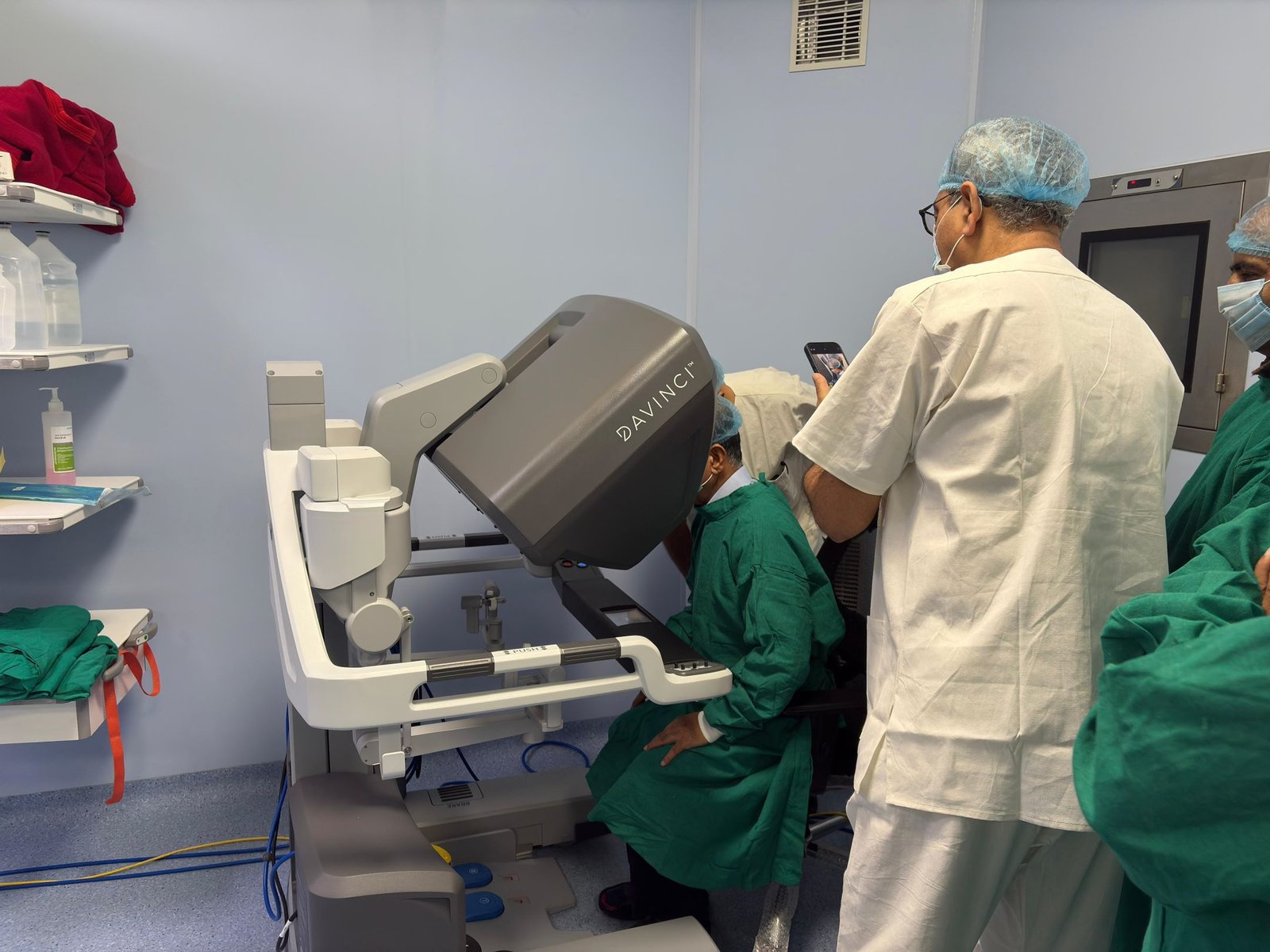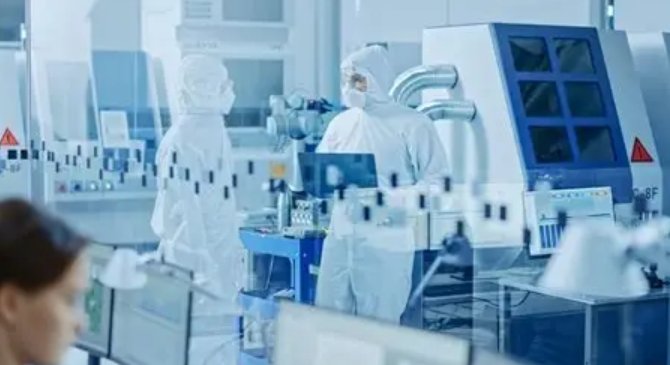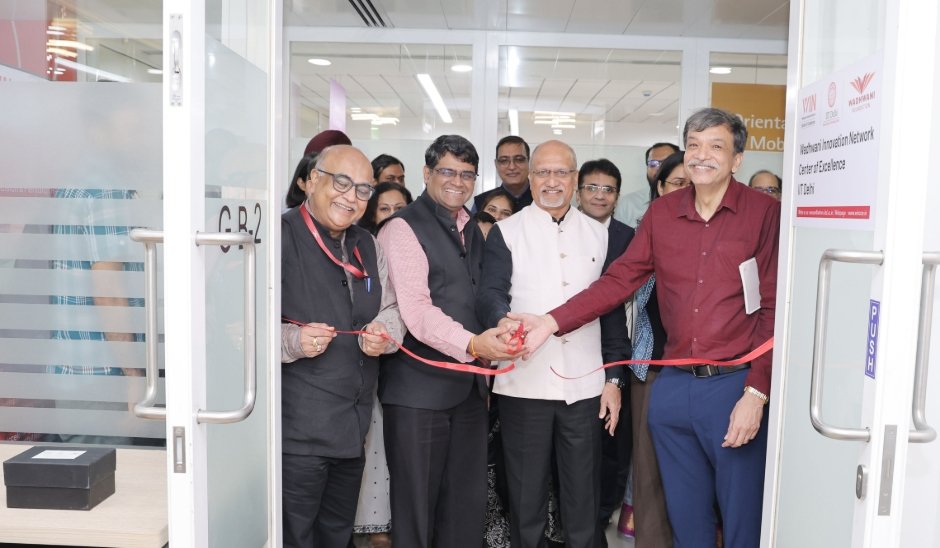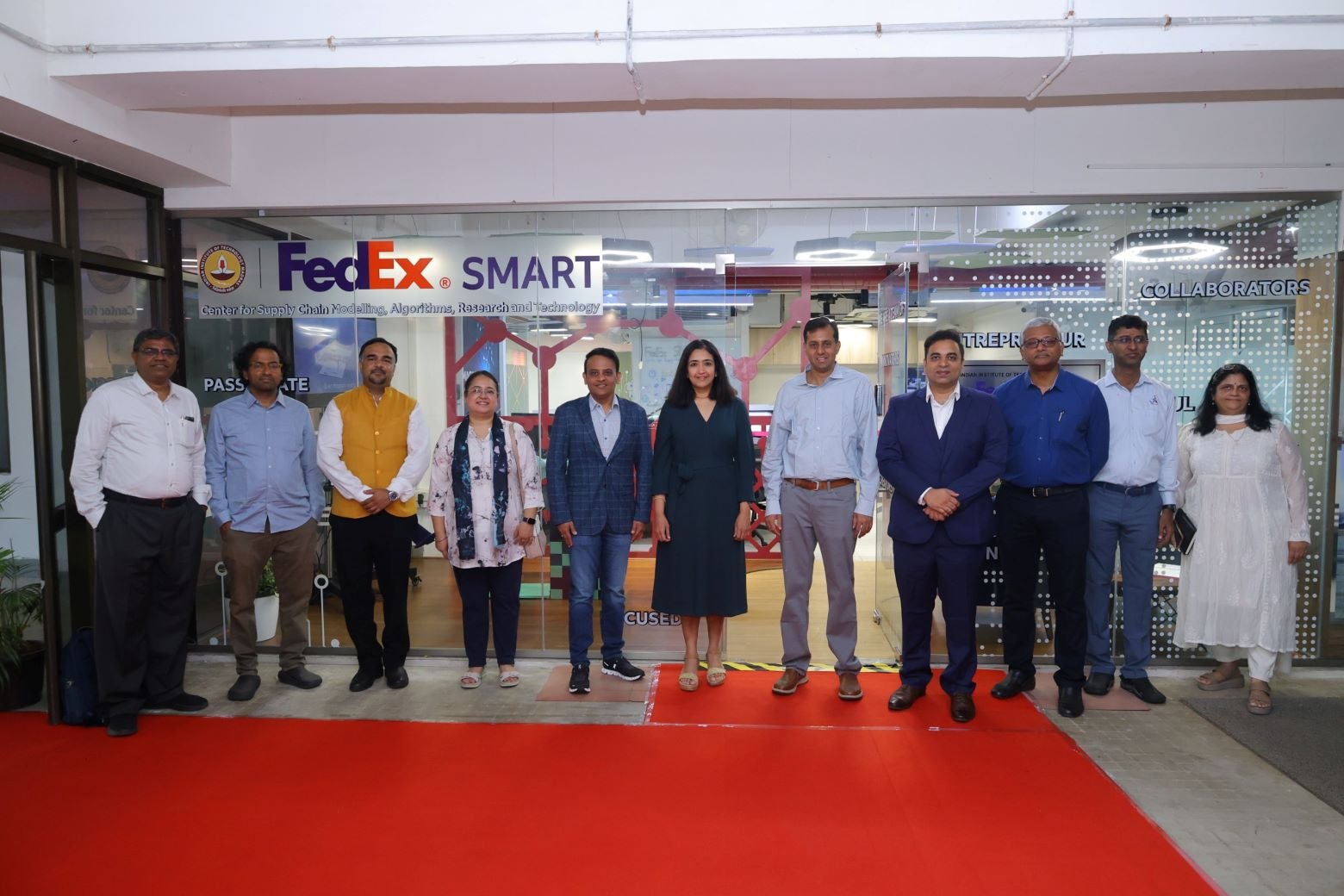India becoming an important part of global biotech industry: FIICC
June 11, 2015 | Thursday | Features | By BioSpectrum Bureau
India becoming an important part of global biotech industry: FIICC
Mr David Keynan, vice-chairman, Federation of Indo-Israel Chamber of Commerce (FIICC)
"These two companies together hold 65 percent of Israeli Life Sciences industry including medical devices, drug discovery and development," pointed Mr David Keynan, vice-chairman, Federation of Indo-Israel Chamber of Commerce (FIICC), while speaking exclusively to BioSpectrum.
In the medical devices industry, he said, as of now India and Israel's relationship is at a very nascent stage.
Also, Israel has 5 state-of-the-art R&D centres of the world-renowned Life Sciences organizations including Sanofi-Aventis, and BMS. Medical device manufacturers, GE and Philips have also set up their R&D centres in Israel.
Most of the Israeli start-ups in the Life Sciences is said to fall under the medical devices category. "All put together we now have about 100 thriving start-ups in Israel," said Mr Keynan.
Out of these, one-third of the start-ups are in the area of drug discovery and development, another one-third in medical devices and the rest falls into other Life Sciences areas.
Most new start-ups in Israel are either generated as spin-offs from Universities or by larger companies.
The Weizmann Institute in Israel is said to have excellent close and joint relationship with India. The Institute's scientific research focuses on Biology, Mathematics, Chemistry and Physics.
"Most students who pursue studies at Weizmann are Indians," commented Mr Keynan.
"The relationship between academia and start-up centres is that Israel is known for its world-renowned top 4 universities, which have strong commercialization arms. These four universities were modeled after IISc in India," revealed Mr Keynan.
In fact, Teva's best-selling drug, Copaxone, is traced back to its development at the Weizmann Institute.
According to Mr Keynan, every year there are 10-13 new start-ups coming up as a result of activities happening in Israel's Universities.
However, he feels that India and Israel is yet to see a stronger relationship between innovative companies.
Speaking about funding, Israel has three types of funding systems. Mr Keynan explained, "We have Israeli venture capitalist firms, followed by Israeli arms of venture capital firms, and government funding, which is not just for universities but are also available for start-ups."
He also added that the funding structure in India and Israel are different. "In India, the government funding for innovation is still at a nascent stage," he expressed.
In March 2013, the Israeli industry center for R&D - MATIMOP and government of Karnataka signed a MoU with the aim of supporting joint industrial R&D collaborations between Israeli and Indian companies.
The MoU gave birth to Karnataka-Israel Program for Industrial R&D (KIRD) program to offer partner matching services and funding systems, encouraging joint bilateral R&D collaborations between the two countries. The program is open to a minimum of one company from both Karnataka and Israel.
Recently, in May 2015, The Technion Israel Institute of Technology and T3, which is Technion's commercialization company, announced an agreement with Sun Pharmaceutical Industries for developing cancer drugs.
Today, Sun's chairman is the former CEO of Teva, Mr Israel Makov. Sun's MD Mr Dilip Shanghvi has hugely invested in BioLight Israeli Life Sciences Investments, again chaired by Mr Israel Makov, a firm which invests, manages and commercialize biomedical research and innovations.
"In the next two years, we expect a lot more cross investments between Israel and India," held Mr Keynan. "The main reason being the establishment of new government in India and the country is becoming an important part of the global biotech industry."
Many new start-ups in Israel today are strongly focusing on invasive and non-invasive medical devices, medical imaging, ultrasound and MRI.
"Israel's strength also relies in cardiac stents, and skeleton-related prosthetics. The happening investment areas in Israel are biomarkers and non-intrusive diagnostics," he opined.
As a matter of advice for Indian companies which are planning to invest in Israel, Mr Keynan advised, "It really depends on what you are looking for. It is advisable to work with universities, and embassies in Tel Aviv. This will be an extremely efficient tool to use to set up a base in Israel."
He continued, "In Israel, it is also easy to set up a company, hire professionals, or even to shut down one. The regulations and organizational management is made very easy. By and large, it is a very conducive environment to do business. Israel's export in life sciences is worth US$ 35 billion."
India is Israel's 8th largest trade partner, and Israel's third largest trade partner in Asia, after China and Hong Kong.










